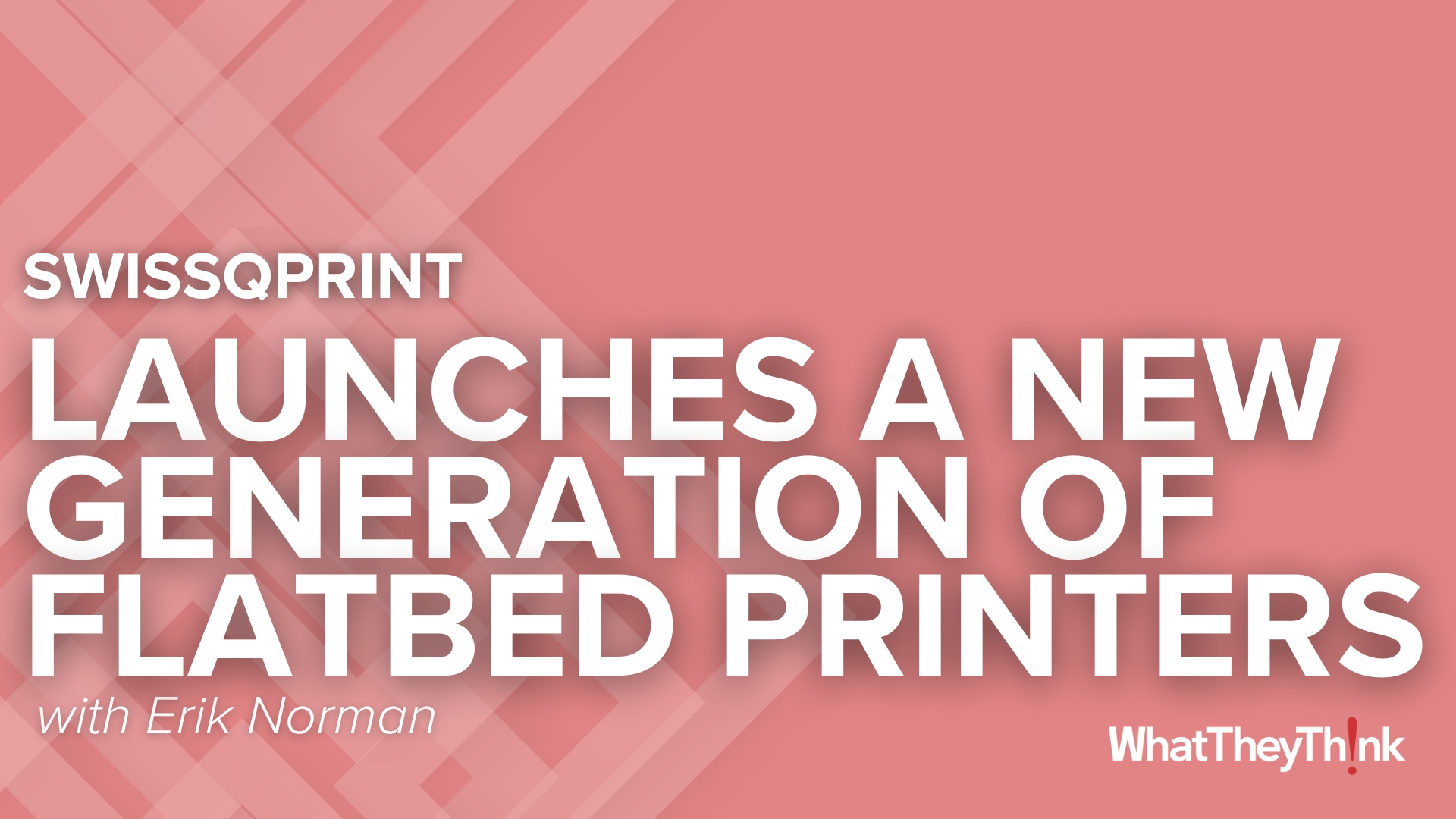UK Heidelberg Mainstream Press Installation on Schedule
Press release from the issuing company
First live production run completed at Trafford Park Printers
DOVER, NH - All twelve printing towers are in place, and print tests are well underway in Manchester, UK, site of the first large Heidelberg Mainstream press installation.
"The installation to date has progressed extremely well," reports Jacques deWit, managing director at Trafford Park Printers. "This is the largest press installation ever done by Heidelberg, and the professionalism they have shown is impressive."
The first live production run on the new Mainstreams was completed on June 26 as part of the ongoing commissioning and testing program. The gapless presses successfully printed a full-color supplement, including broadsheet and tabloid sections, for the The Daily Telegraph. The exceptional performance of the Mainstream prompted press crews to extend this test run to 120,000 copies and to shorten concurrent runs on their other presses.
Testing of the two new gapless Mainstreams will continue to intensify over the summer. The twin seven-web presses, with 35 printing couples each, can be operated independently or in tandem as a single press line. The team at Trafford Park Printers expects to meet the ambitious goal of printing The Daily Telegraph and The Sunday Telegraph by later this summer.
"Having available dedicated project managers on both customer and supplier sides, together with regular planning meetings with Heidelberg, architects, engineers and suppliers of ancillary equipment have been the key factors contributing to the success of the installation to date," according to de Wit. "We have also allocated dedicated press commissioning crews and engineering support, together with extensive training programs for our staff."
Trafford Park Printers and West Ferry Printers in London are partners in Britain's Telegraph Group. The two contract printing sites print approximately 30 million newspapers per week. The Group confirmed the decision to install the Mainstream presses at drupa 2000. The choice was a logical one, according to de Wit. "The Telegraph is never, ever run collect due to the volume of copies involved, so the Mainstream presses were attractive with their 1x4 configuration," he explains. "We liked this concept and the ability to print up to 80,000 copies per hour with the one-around by four-across plate cylinder configuration and 1:1 plate-to-blanket cylinder ratio."
David Sarazen, a director for Heidelberg's Newspaper Product Center, has worked with de Wit's staff since day one. He says the success of the installation is due to meticulous planning. "Since, drupa, our teams have been in almost constant contact with the teams at Trafford Park Printers to plan every detail of the press configuration and the shipping and installation process," Sarzen explains.
Heidelberg staged and tested a large section of one of the Trafford Park presses at its Dover, New Hampshire factory in the U.S. before tearing it down and shipping it across the Atlantic. That extra attention to detail at the outset has sped up the actual installation, according to Sarazen.
Heidelberg began shipping the Mainstream presses for the Trafford Park Printers installation - a total of one million kilograms of equipment - in September. The shipment followed completion of press hall modifications in Manchester.
The ability of the Mainstream to match the output of a traditional two-around double-width press while cutting plate consumption in half appealed to de Wit's team. The print quality provided by gapless blankets was an additional plus.
"The biggest challenge today for newspapers is to get the largest number of copies out on time and at excellent print and color quality," de Wit says. "Advertising is also very important to national newspapers and the main revenue stream. From that automatically follows, that the quality of our color reproduction has to be as good as possible - first class."
De Wit says he trusts the concept of gapless blankets and their ability to eliminate cylinder bounces that occur when blanket gaps meet. "I believe it will give us an improved print quality. It is good and it has been proven in heatset printing."
When asked about additional factors that led to the selection of the Mainstream, de Wit points to paper savings. "We have chosen a 578 millimeter cutoff, and Sunday Technology will also enable us to achieve significant savings on paper, particularly with the Daily Telegraph where we print high-volume, high-pagination broadsheet newspapers.
"Finally, with the Mainstream, we can print up to six sections broadsheet in one pass," de Wit concludes. "Again, this is a major profitability factor."
© 2025 WhatTheyThink. All Rights Reserved.













